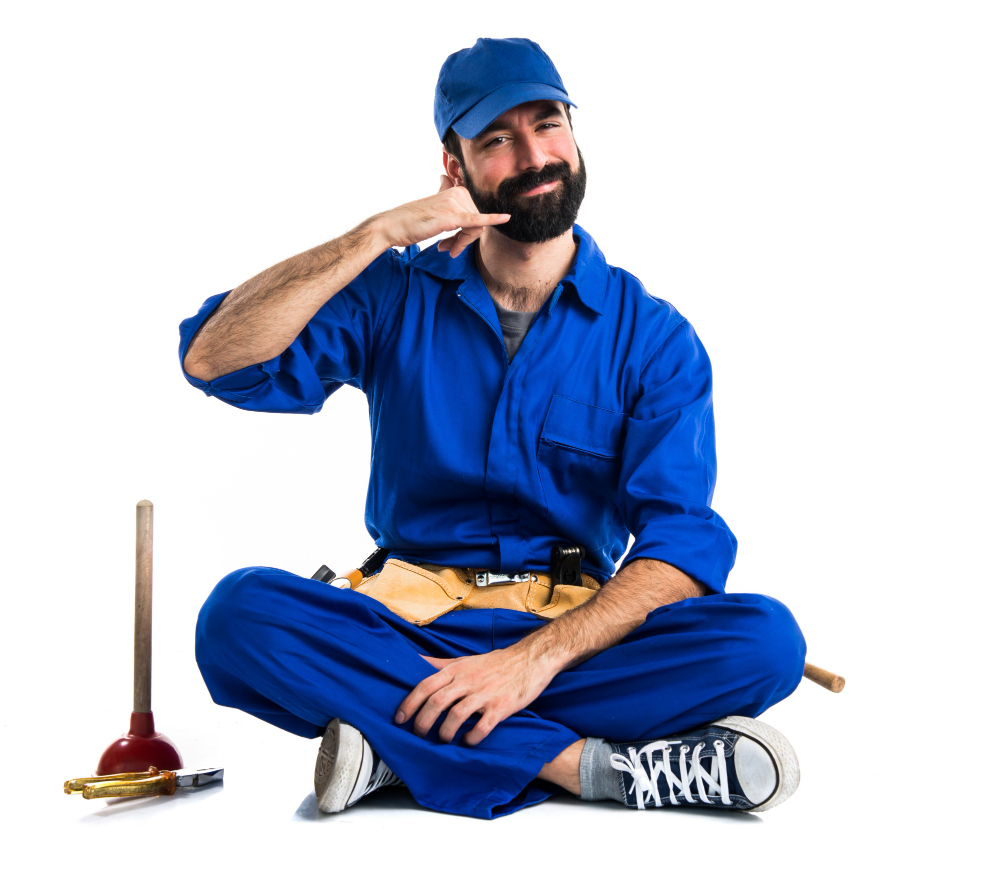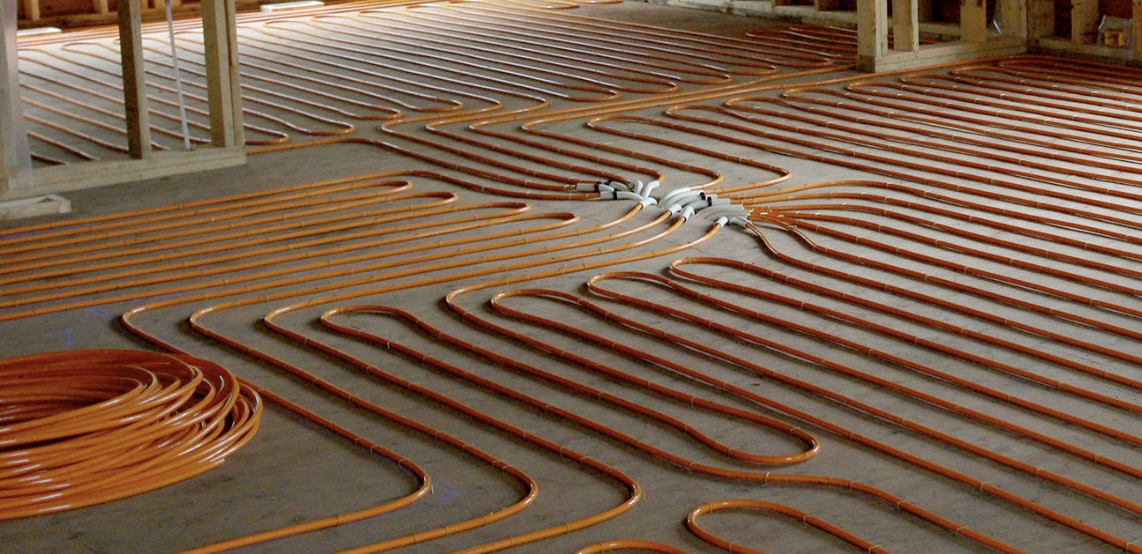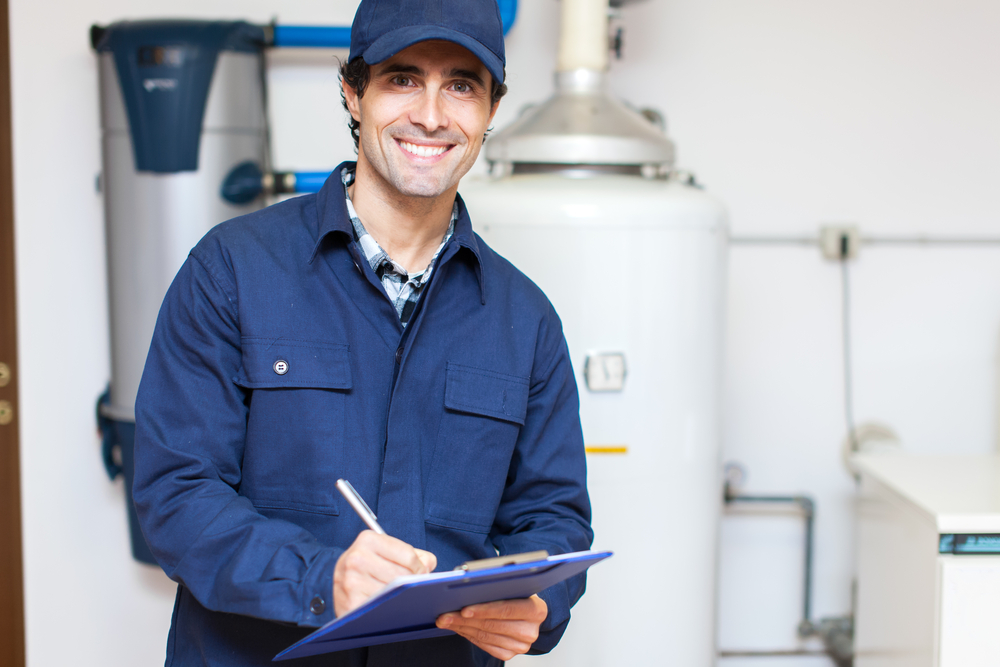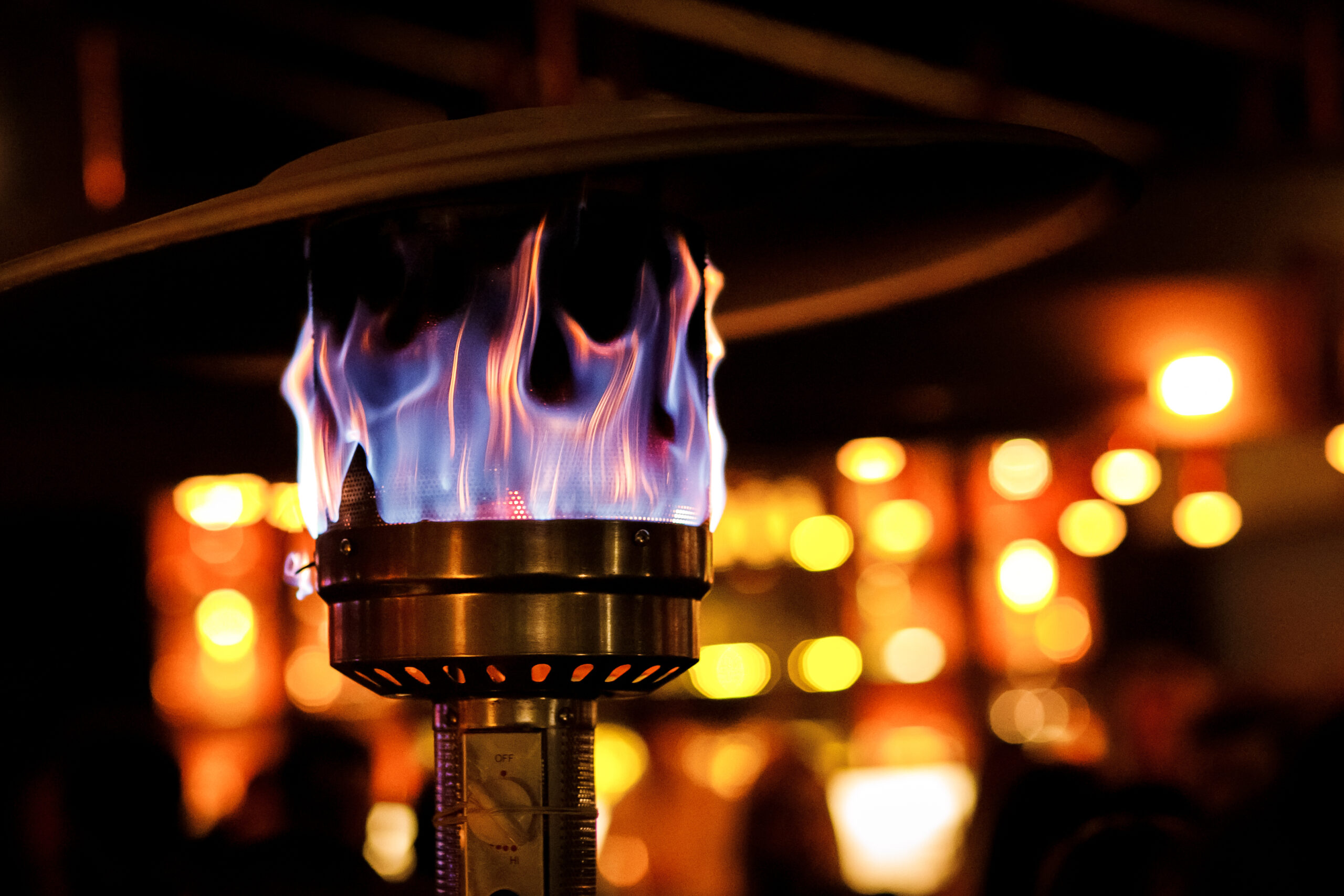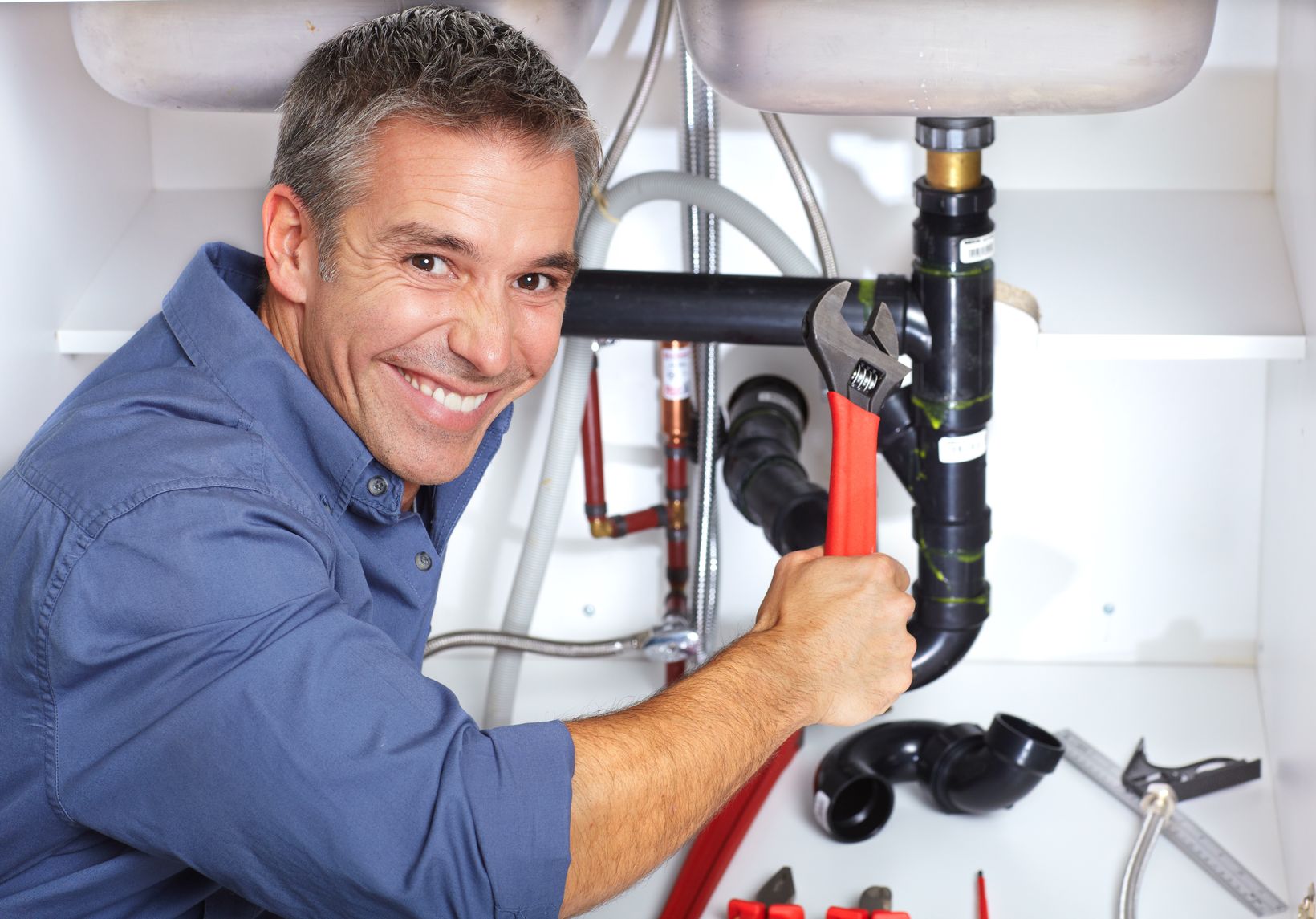Radiant heating systems are gaining popularity quickly, and they can be one of the best decisions that a homeowner can make for the overall energy efficiency of their home. They can help the home stay warm and cozy in the cold months, and can help cool the home during the summer.
Many people, however, are unfamiliar with radiant heat, which makes it more intimidating. We’re going to take a look at radiant heat, specifically at how radiant heat works, how it can be used in flooring, and more. In the end, we’ll also run down a few of the more significant benefits of radiant heating systems in a house.
How Does Radiant Heat Work?
Radiant heating relies on the principle of radiant heat transfer to warm people, objects, and areas. It is the same principle that causes your whole kitchen to get hot after several hours of baking or oven-roasting. If you’re wondering how radiant heating works in a house, it works by using infrared heat to warm floors, ceilings, and walls, by using some medium. This medium can be what carries the heat, or in electric models, it can simply be the coil that heats up.
This is done by using a system of heating coils, or water tubes in hydronic systems, that are then filled with hot water. The hot water circulates throughout the system, radiating its heat into the area where the water tubes are installed in. In many cases, they are installed into flooring, but they can be used to heat ceilings and walls as well.
How Does Radiant Heat Flooring Work?
Radiant heat flooring works just like all other radiant heating, except that it is specifically and deliberately installed in the flooring for a particular room. In most cases where the homeowner is having a hydronic system installed, flexible water lines are installed in the subflooring and are connected to a central boiler or other heating components.
The flooring then becomes the set temperature of the water, often somewhere between 78 and 86 degrees F. This allows the floor to consistently, and evenly, emit heat to the rest of the surroundings. The transfer of heat is silent, and so once the water is flowing, there is no noise at all, unlike many loud fan systems on home furnaces.
What Are The Benefits Of Radiant Heat?
This list is by no means exhaustive, and there is a long list of benefits that homeowners can find from using radiant heating systems or having their radiant heating systems maintained. Below are some of the most significant benefits.
High Efficiency
Since the heat is emitted from large structural surfaces and used to warm the area evenly, there is very high efficiency in radiant heating systems. Not only do they take advantage of naturally rising hot air, but the use of infrared heat keeps them highly efficient.
Low Noise
There are no noisy fans or giant burners to “whoosh” in the middle of the night. The water circulates silently, providing noise-free home heating with more consistent temperatures than with traditional furnaces.
System Simplicity
Radiant heat systems require very few moving components, which makes them simple, as well as incredibly reliable. There is little chance that the system will fail, and if something does go wrong there is little troubleshooting that is needed to find a solution.
Work With A Local Radiant Heat Expert
If you have more questions about incorporating radiant heat into your next project, or if you simply need to get an estimate for the work, make sure you work with one of the most trusted local contractors. Reach out today to speak with one of the experts at Emory, and get the answers you need.

